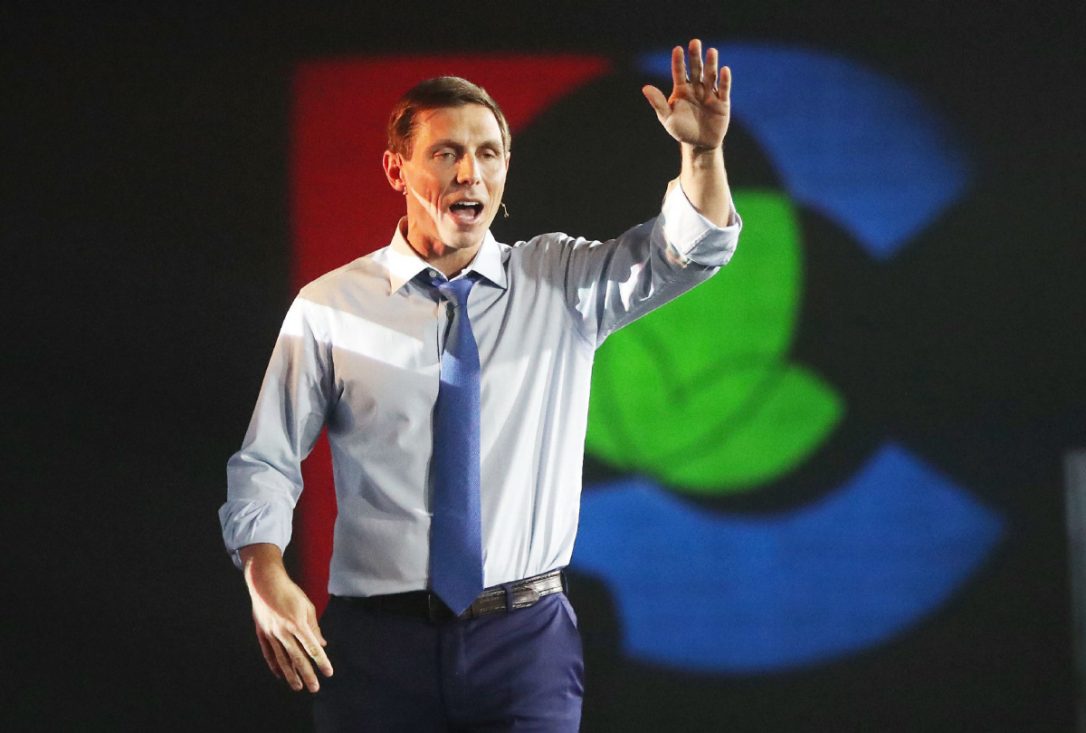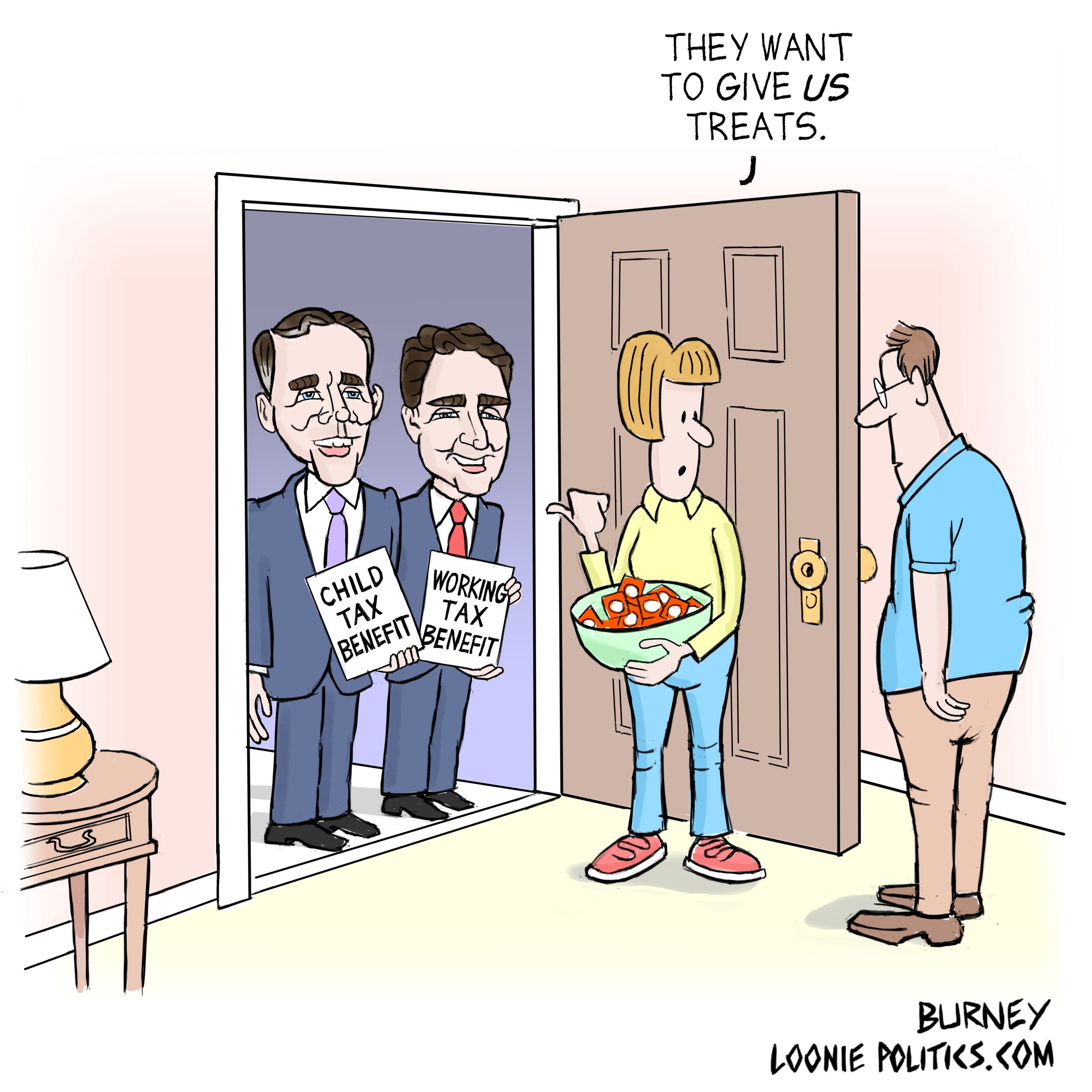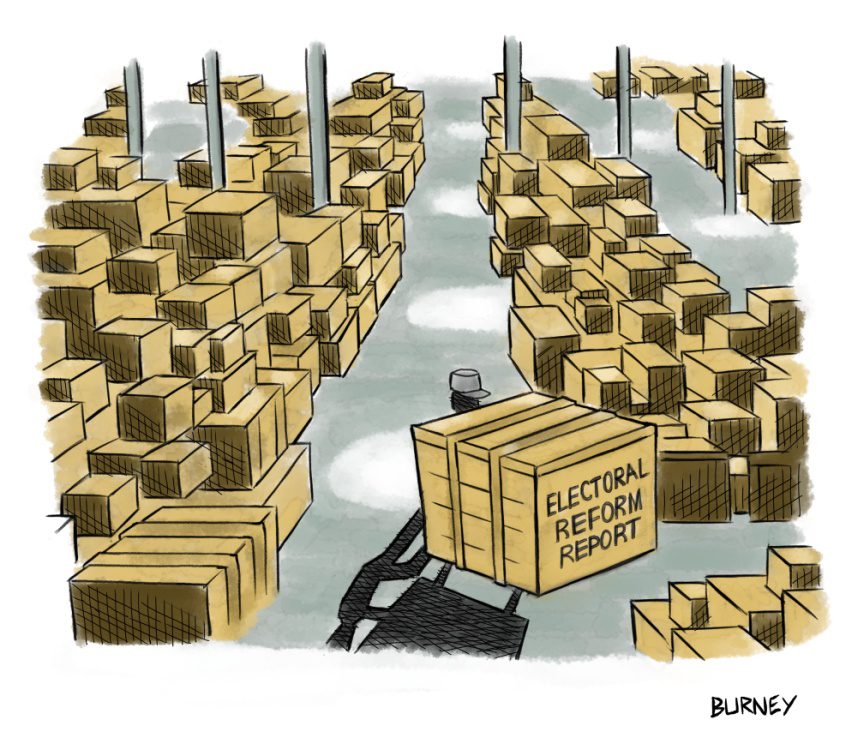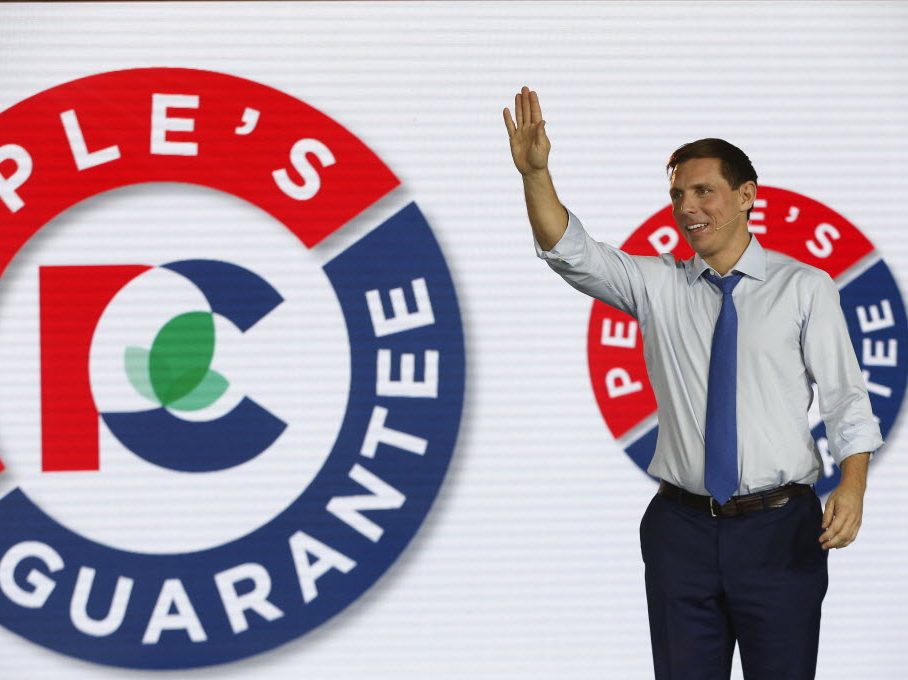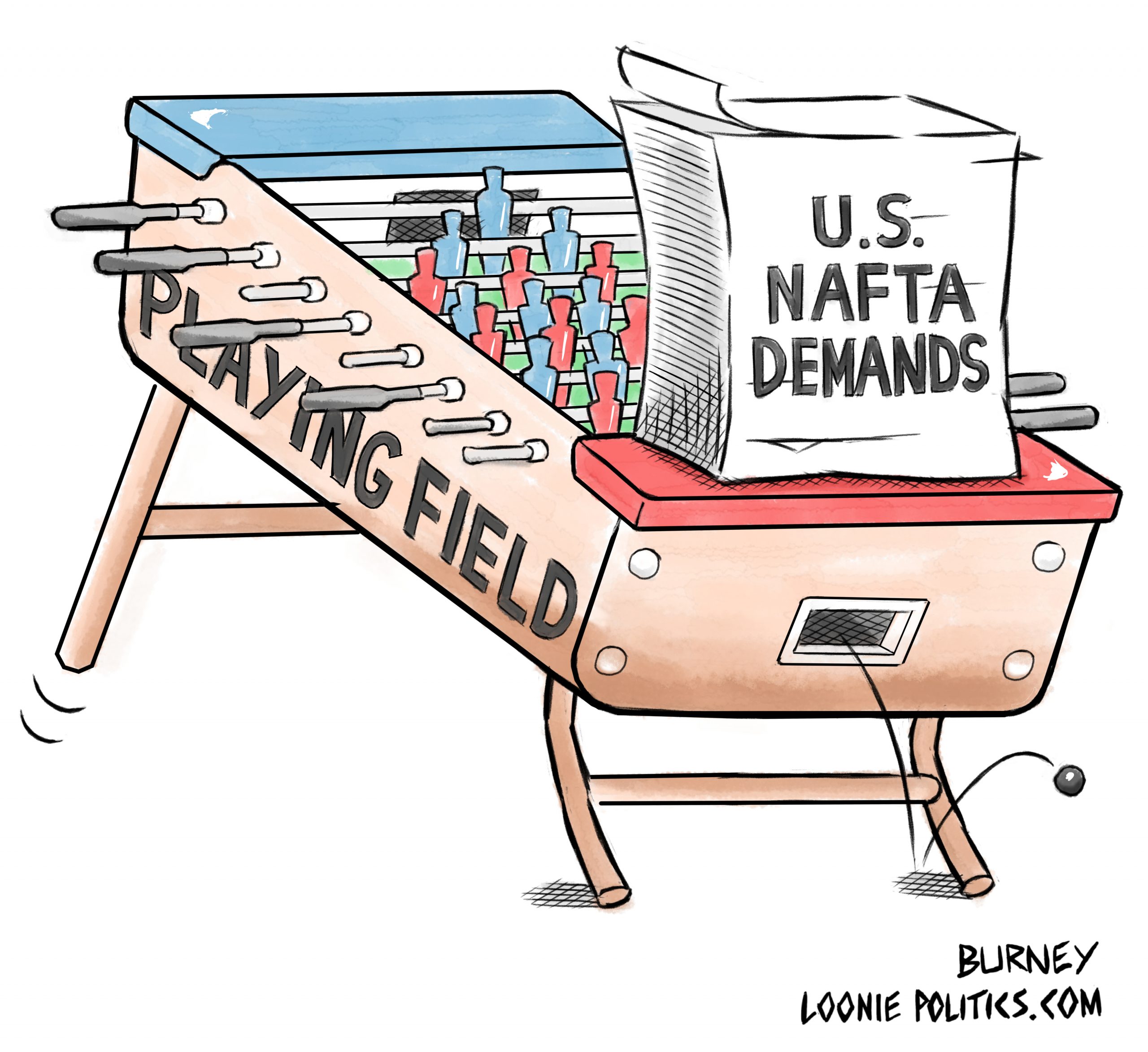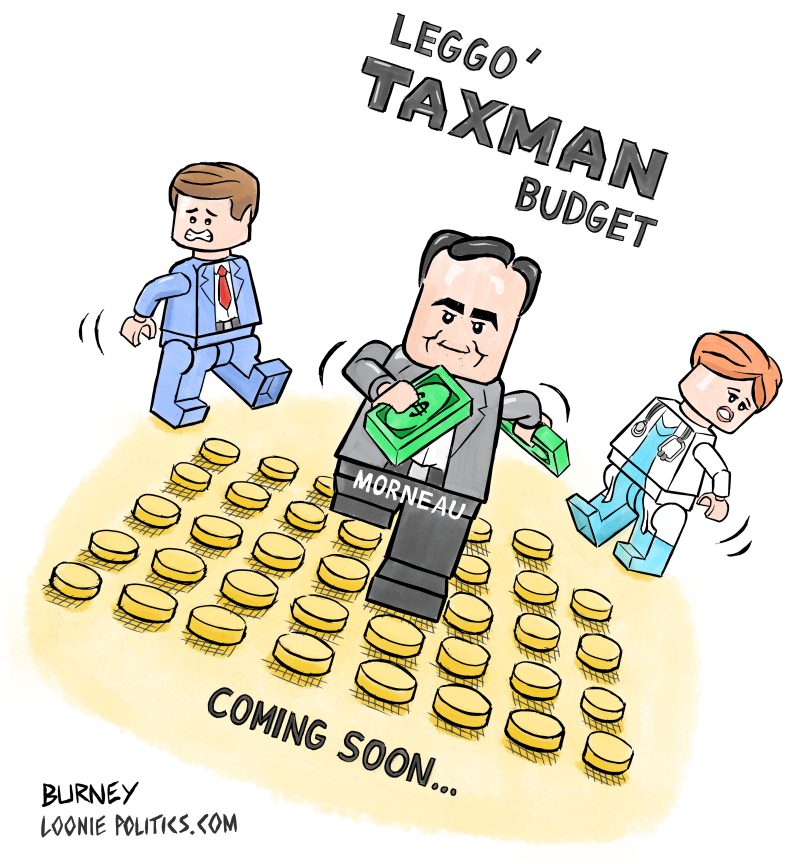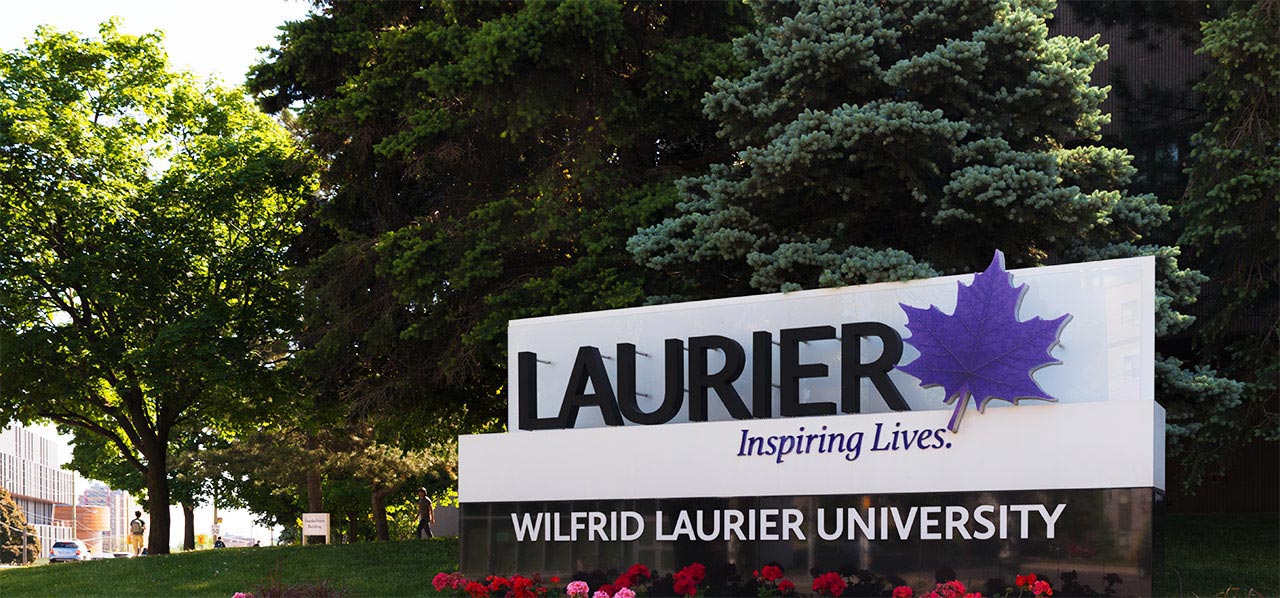Ever wonder how President Trump is doing in the eyes of Asian Americans? My guess is no, but I can tell you anyway.
According to a Zogby Analytics poll taken in September, 31% of Americans of Asian heritage approve of their president's performance. This is good news for Trump, given only 18% of Asian Americans voted for him last year, according to exit poll data compiled by the Asian American Legal Defense and Education Fund, who surveyed 14,000 Asian Americans as they left polling stations in 2016. According to the AALDEF, Trump did best with Vietnamese Americans (32%) and Filipino Americans (27%), but overall won less of the Asian vote than both Mitt Romney (21%) and John McCain (23%).
How is Prime Minister Trudeau doing in the eyes of Asian Canadians? Beats me. How many voted for him in 2015? Who the hell knows!
Canada's leading polling firms collect a distressingly small amount of data when surveying Canadian opinions on politics. Despite Canada's increasingly multicultural nature, categories of race, faith, and culture are almost entirely ignored.
Ekos sorts Canadian respondents into columns based on their geographic "region," gender, age, party support, education level, and "social class," and occasionally three broad immigration categories (not born in Canada, one or more parent not born in Canada, or both parents born in Canada). They used to track whether respondents attended "religious services" either "frequently" or "never," too, but this doesn't appear to be done much anymore.
Angus Reid polls, at their most detailed, sort replies based on province, gender, age, party support, household income, and education, and sometimes whether they live in rural or urban areas as well. Ipsos does geography, income, and — randomly enough — whether or not respondents have children in the home.
In addition to the standard foursome of age, gender, region, and partisanship, Forum Research used to occasionally insert two ethno-cultural sorting mechanisms, though the laughably anachronistic nature of their categories may explain why they're rarely seen anymore. Their "religion" column, for instance, consisted of four flavors of Christianity (Protestant, Evangelical, Catholic, and "other Christian,") with the rest asked to identify as either "non-Christian," or "none." Their "ethnicity" categories offered three different ways to say "white" ("Canadian," "British, Scots, Irish, or Welsh," and "Other European") with everyone else having to exist in the binary of either "Non-European" or "First Nations."
Data on how Canadians voted is even worse. We not only lack numbers on votes by ethnicity, but age, income, political opinion, and everything else as well, since exit polling is almost never done in Canada.
Exit polls, in which voters are asked immediately after leaving the church basement or grade school gymnasium who they are, who they voted for, and why, are the most accurate way to assemble a broad and detailed profile of the electorate's composition and feelings. Unlike telephone polls taken some significant period of time before or after an election, on-the-spot exit polls are far less tainted by dishonest answers, and have the virtue of being pulled from a sample of people who actually voted, not merely had opinions. The American gold standard is Edison Research's National Election Pool (NEP), whose election night data, gathered by over 3,000 workers in all 50 states, ("the largest single-day research project in the world," they brag) is used by all major American journalists and social scientists. They hardly have a monopoly, however — as mentioned, groups as specific as the Asian American Legal Defense and Education Fund often compile their own exit polls as well, in order to offer the public more detailed, or esoteric, analysis.
Why exit polling isn't done in Canada has its roots in the different way votes are tallied in the two countries. On election night, America doesn't have a centralized vote gathering entity like Elections Canada spitting out riding-by-riding results quickly and efficiently, so the American practice of exit polling originated as a shortcut for reporters to figure out who won without having to deal with a patchwork of regional authorities releasing counts on their own terms. Exit polling's secondary use as a source of demographic data has been a casualty of Canada's divergence.
The end result is that much of what Canadian pundits, and indeed much of the Canadian public at large, think they know about Canadian politics is inferred from rather weak data, both in accuracy and detail. When the typical Canadian, be he at the coffee shop or the Toronto Star, speaks with great assurance about the way this or that group of Canadian votes or thinks, or why this or that politician won or lost — especially if their assertions involve any variable of race or religion — they probably have no idea what they're talking about, and are instead relying on lazy hunches about what "feels right" based on their own biases and stereotypes.
As Canadian politics comes to revolve more around questions of identity — the sorting and distribution of power, resources, and cultural authority amongst a diverse populace making contesting claims — the need to understand how those identities intersect with political opinion is more essential than ever. Without someone willing to provide the facts, however, our most critical democratic debates seemed doomed to occur in darkness.
Written by J.J. McCullough






